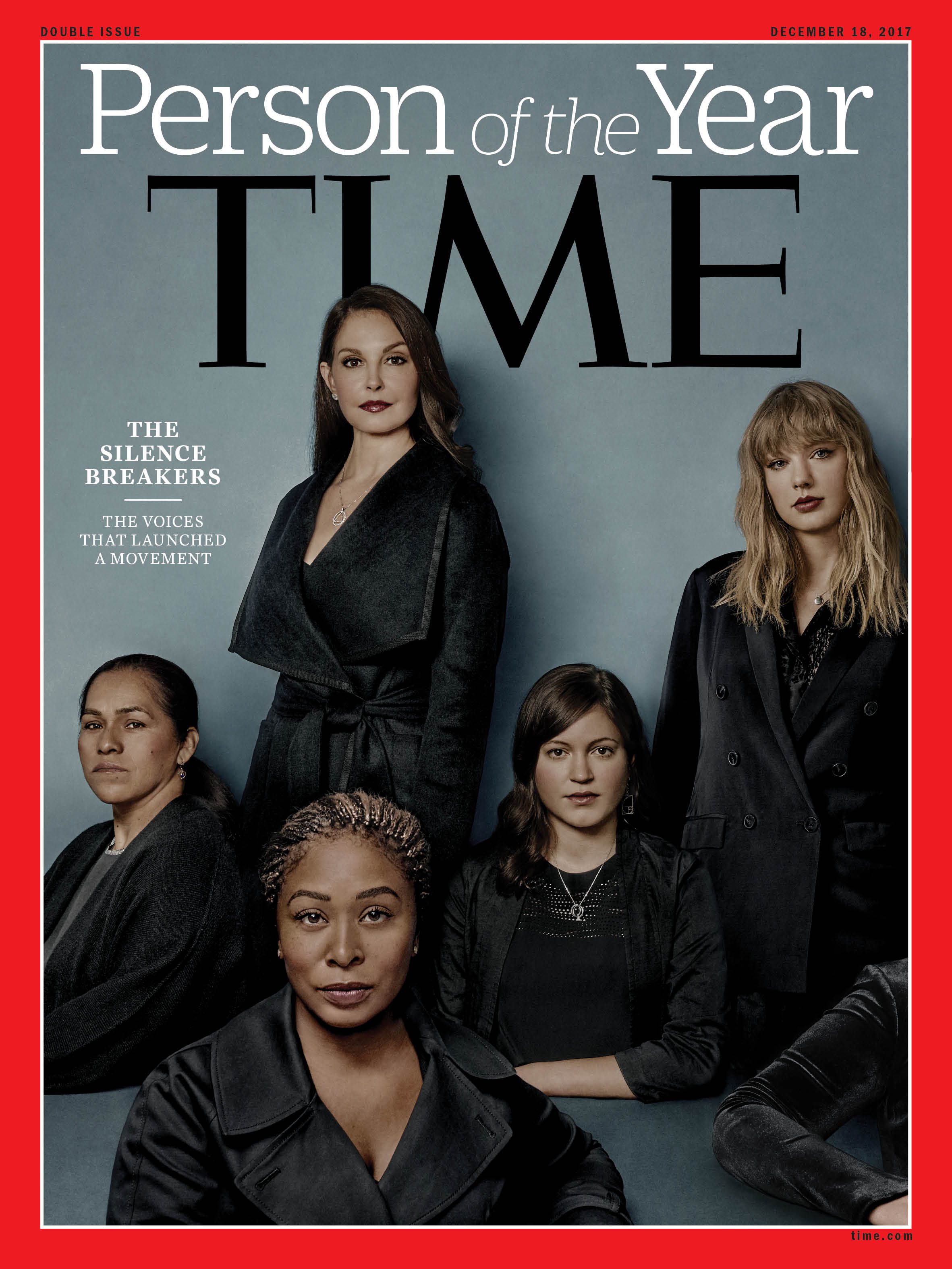SEXUAL HARASSMENT IN THE MEDIA
By Edward Hu
Across the many news and social media outlets, stories of sex scandals have spread like forest fires: burning down the careers and reputation of many renowned individuals. Not only does sexual harassment have long lasting effects on individuals directly affected but it also affects attitudes and ideologies in the work environment.
The intended consequences of reporting sex scandals other than to create sensationalist headlines are to allow women (and men) to feel able to stand up against oppression as well as to bring the topic of inappropriate behaviour into focus. The knock-on effect of the media covering sexual harassment is clear: when one individual stands up against oppression, many others will step up and report the inappropriate behaviour too.
Additionally, the scandals have brought up talk about sexual harassment against men and not just women. Although reports of sexual harassment cases have decreased in the past few years, harassment reported by men has increased: doubling in the past 15 years. Either sexual harassment against men has increased or men have felt able to report the cases instead of brushing it aside. The increased reporting of sexual harassment in the media has led to people believing that they can speak up and be heard, regardless of gender. If powerful figures such as Weinstein can be brought down then no one is immune from having justice brought to them.
However there have also been effects which are far from intended and have affected interactions in industries and work. For many investors, one-on-one meetings with women are a topic of concern and closed-door meetings are strongly avoided.
Due to the many highlighted sexual harassment cases, men working in senior positions have reported that they precede with more caution as a result of the sexual harassment cases. Being one misunderstood comment away from having their career ruined impacts not only the people in senior positions. They also affect women’s careers too, since the majority of the cases illustrated in the media have female victims, taking away from them closer interactions with senior people. These people are also the ones most likely to be able to give support in order for these women’s careers to advance. However, it could be said that these reports have given a new found respect towards women from men in senior positions.
Another consequence of these scandals is the reversal of the ideology: ‘innocent until proven guilty’. Once the allegations have been reported by the media, regardless of if the trial has even taken place, the accused will face the backlash of social media. A well-known case of a potentially false accusation was in 2015 when Jay Cheshire, a seventeen year old student, hanged himself after being accused of rape. This was despite the fact that the alleged victim has dropped the charge after two weeks: no investigation was made to determine if the allegation was false or not – meaning that Jay’s name was never cleared.
Every significant event like this has its consequences but the overwhelming positives that have come out of this are astounding. Women feel more empowered and men feel more open to ignore gender stereotypes and report these types of cases as a result. And it has been shown that sexual misconduct is never acceptable, regardless of status, wealth or power.
